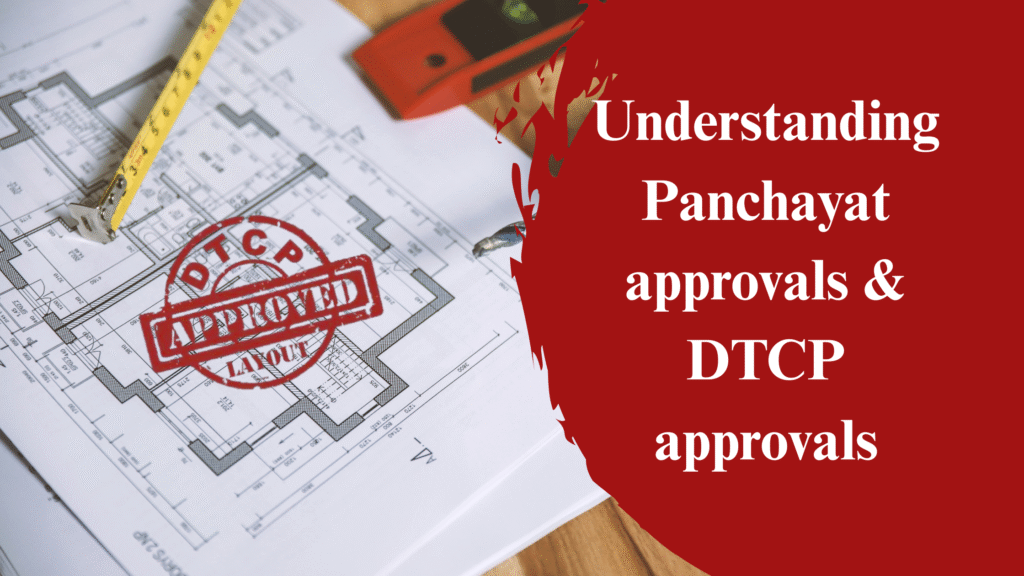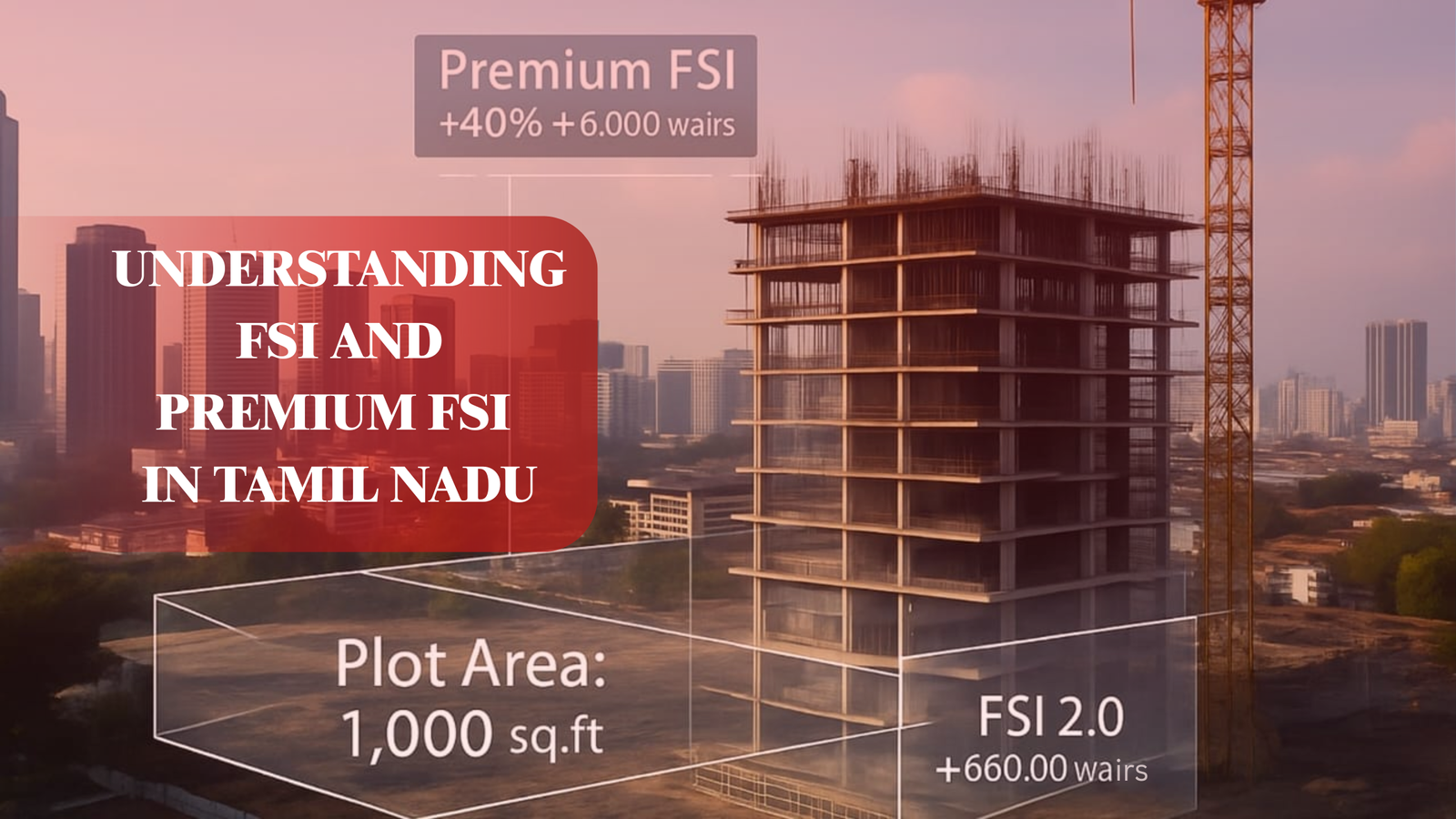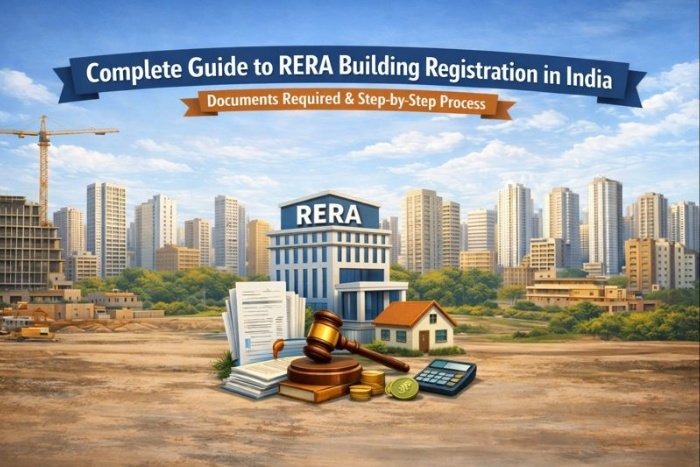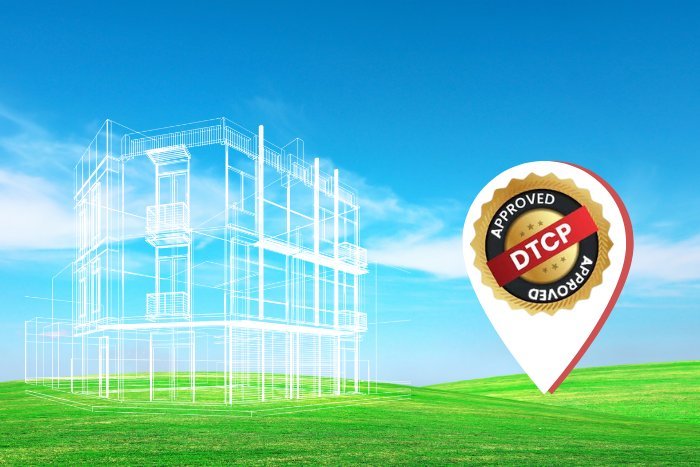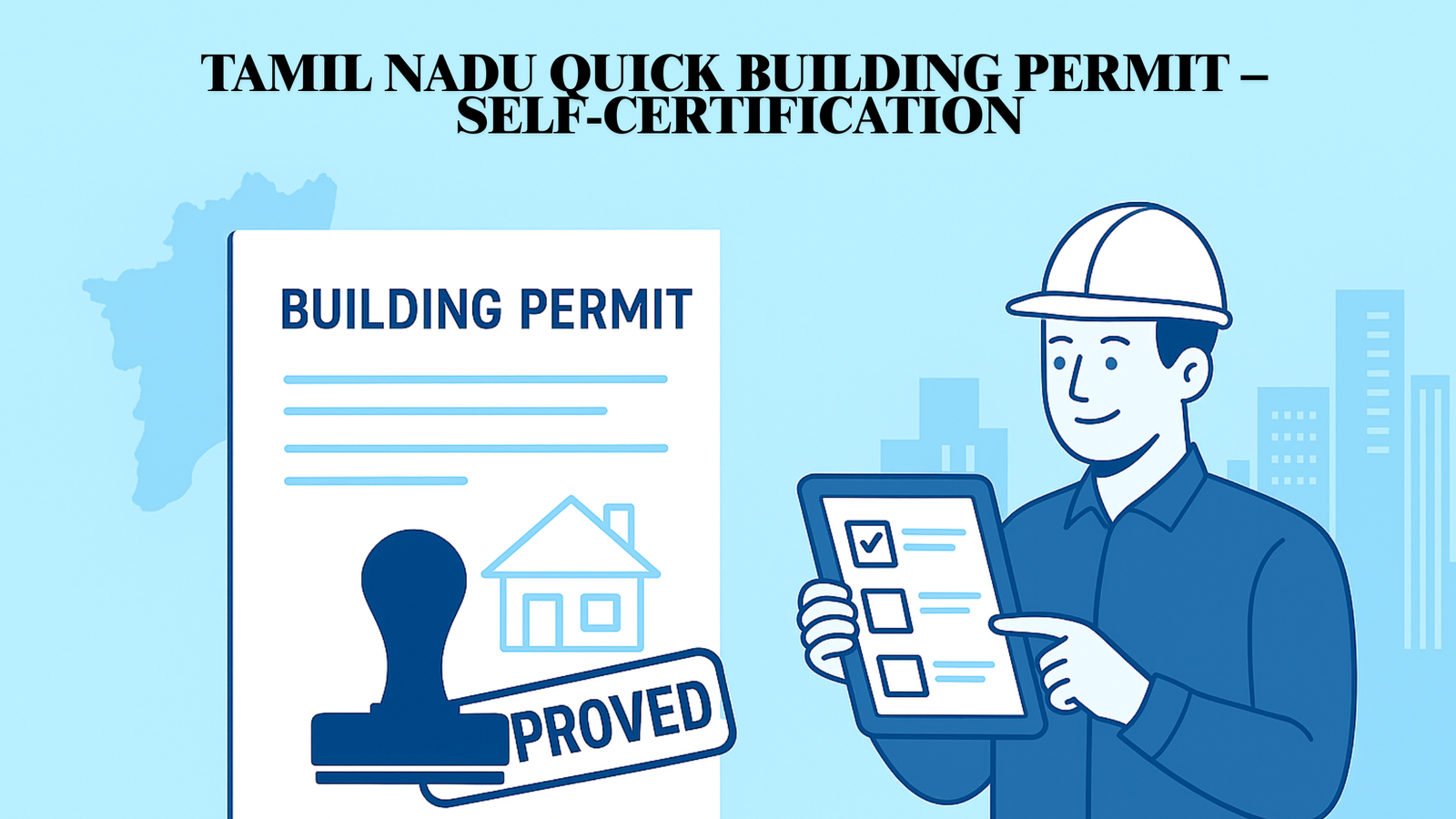Introduction
Before starting any building construction or layout development in Tamil Nadu, it’s essential to know which authority grants your building approval. Panchayats, Municipalities, Corporations, and the Directorate of Town and Country Planning (DTCP) each have specific roles, jurisdiction, and limits. Choosing the right authority saves time, reduces rejection risk, and ensures legal compliance.
LOCAL BODY: [Corporations/Municipalities/Village & Town Panchayats]
Local bodies like Corporations, Municipalities, and Panchayats are responsible for providing basic civic amenities such as roads, water supply, sanitation, streetlights, and public health facilities. They regulate land use, building approvals, tax collection, and welfare services including education, social schemes, and environmental protection. Their role differs by size — Corporations handle large cities, Municipalities manage towns, and Panchayats focus on villages and semi-urban areas. Here, we can understand how local bodies handle building approvals and site approvals.
- Local body approves Residential buildings of total FSI area up to 10,000 sq.ft, with a maximum of 8 dwelling units not exceeding 14meters in height up to Ground+2 floors or Stilt+ 3 floors.
- Local body approves small-scale Commercial & Industrial buildings up to 2,000 sq.ft.
- Approves site subdivisions and regularisation of unapproved individual plots.
- Approves and collects development charges for all types of DTCP-approved building and layout projects.
Note: All types of building approvals that exceed the limits of the local body must be submitted to the District DTCP Office for scrutiny and approval. After technical approval is granted by the DTCP, the application is returned to the local body for secondary approvals, followed by the assessment of building tax and water/vacant land taxes.
DTCP (Directorate of town and country planning)
The Directorate of Town and Country Planning (DTCP) is a state government authority that regulates land use and development. It ensures that residential and commercial layouts follow legal planning norms with proper roads, parks, and amenities. DTCP also approves building plans, checks infrastructure standards, and enforces safety regulations. DTCP plays a vital role in promoting safe, planned, and sustainable urban and rural growth.
In Tamil Nadu, every district has its own DTCP District Office, which handles Building approvals, Layout approvals, Land Re classifications, Land Sub division approvals. DTCP is responsible for granting building planning permission, providing technical clearances, and collecting building licence fees.
DTCP- District Office approvals
- Residential buildings: Above 10,000 sq.ft or above14.0meters height and up to 40,000 sq.ft with 18.3meters height
- Commercial buildings: Above 2,000 sq.ft up to 40,000 sq.ft.
- Industrial buildings: In approved industrial parks (SIPCOT/SIDCO), buildings up to 1,07,640 sq.ft (10,000 sq.m) are permitted, while in other lands, the limit is 40,000 sq.ft.
- Layouts:
- Up to 2 hectares in Master Plan areas.
- Up to 4 hectares in Non-Master Plan areas.
Note: All types of building and Layout Files that exceeds the limits of district DTCP office will be forwarded to DTCP-Head Office for scrutiny and approval. After technical approval is granted by the DTCP Head quarter, the application is returned to the District DTCP for Final Technical Approvals.
Here, we can understand how DTCP head quarter handles building approvals and site approvals.
- Residential, commercial, and industrial buildings with projects above 40,000 sq.ft are covered under this category. All these types of buildings have no upper limit on the project size.
- Layouts: Any size beyond the district office limit (larger than 2 or 4 hectares).
- All HACA (hill area conservative authority) building/layouts.
- Land Re-clarification of any size.
- All High Rise Building approvals ( Above 18.3meters Height )
Note: All applications must be submitted at the District DTCP office for initial scrutiny, Site inspections and application feasibility.
Approval validity
A building planning permission issued by the DTCP is valid for 8 years, while the local body building license is valid for 5 years from the date of issue. Construction must be completed within this period. If needed, the permit can be renewed once for an additional 3 years, by applying before expiry and paying the prescribed renewal fee.
Limitations of Permission
The Permission granted by the Local body/DTCP shall not mean responsibility or clearance of the following aspects,
- Ownership or title of the land
- Easement rights
- Structural safety (engineers are responsible)
- Quality of work, materials, or services
- Other licenses/approvals required under different laws.
Cancellation of Permit
If a planning or building permit is obtained through false documents or misrepresentation, it will be cancelled after issuing a show cause notice.
Demolition of Buildings
To demolish a building (fully or partly), the owner must apply to the local authority with a demolition deed. Permission will be given with conditions to ensure public health and safety. The local authority will also collect demolition charges as prescribed, and the owner must follow all rules and conditions for safe demolition.
Permissible Limits by Approval Authority (Reference Manual)
| Approval Bodies | Residential buildings | Commercial / Industrial/ Institutional buildings | Layouts | Land Re-Clarification |
Local Body | Up to 10,000sq.ft and not exceeding 14meters in height | Up to 2000sq.ft | Site subdivision/ Regularisation allowed | No |
DTCP (District office) | >10,000sq.ft<40,000sq.ft | >2000sq.ft <40,000sq.ft | Up to 2 Hectare (Master Plan) / 4 Hectare (Non-Master) | Application submission only |
| DTCP (Head Office Chennai) | >40,000sq.ft No Limit | >40,000sq.ft | Any size above district limit | All approvals |
Note:
- 1 Hectare = 2.47 areas
- All HACA (Hill Area Conservation Authority) files are approved by the Head of DTCP.
- All High-rise building proposals exceeding 18.3 meters in height are approved by the DTCP head office.
Conclusion
Understanding which authority grants approvals for your construction or layout project can make a significant difference in the time, cost, and smooth execution of your development. By approaching the right authority based on your project’s size and type, you can avoid unnecessary rejections, ensure legal compliance, and achieve faster project completion. Proper planning and knowledge of approval limits lay a strong foundation for a successful and hassle-free building process. (Refer)
FAQ
- Q:Can I get DTCP approval through online?
A: Yes, approval can be obtained online, but it is advisable to visit the office for faster processing and to clarify any doubts. - Can I build my house without any approval? What happens if I construct it without permission?
A: No, you cannot legally build a house without approval. If you construct without permission, the building may be considered unauthorized, leading to penalties, denial of utilities (like water and electricity), sealing, or even demolition by the authorities. - Q: How do I know if my plot has DTCP approval?
A: You can verify whether your plot has DTCP approval by checking your sale deed for the approved layout number and the approval letter issued by the Directorate of Town and Country Planning (DTCP).You may also confirm it through the concerned DTCP District Office or by searching on the official DTCP website using the layout/plot details. - Q: For a rental building house construction, do I need to apply for approval in DTCP?
A: Not always. For any house construction up to 10,000 sq.ft, approval must be obtained from the local body (Village or Town Panchayat). If the construction area exceeds 10,000 sq.ft, approval must first be obtained from the DTCP, followed by the local body. - Q: If there is a change in ownership of an existing approved building, does it require a new approval? Do I need to get DTCP approval for my house construction?
A: A change in ownership does not require a fresh building approval, as long as the building already has valid approval. However, if you plan to make new construction, extension, or modification, you must apply for fresh approval with the competent authority (Local body), depending on the size and nature of the work. - Q: Is it mandatory to get local body approval after DTCP approval?
A: Yes. Any DTCP application involves two stages of approval. The DTCP issues a Technical Clearance Approval (TCA), and after obtaining the TCA, it is mandatory to get approval from the respective local body as well.

